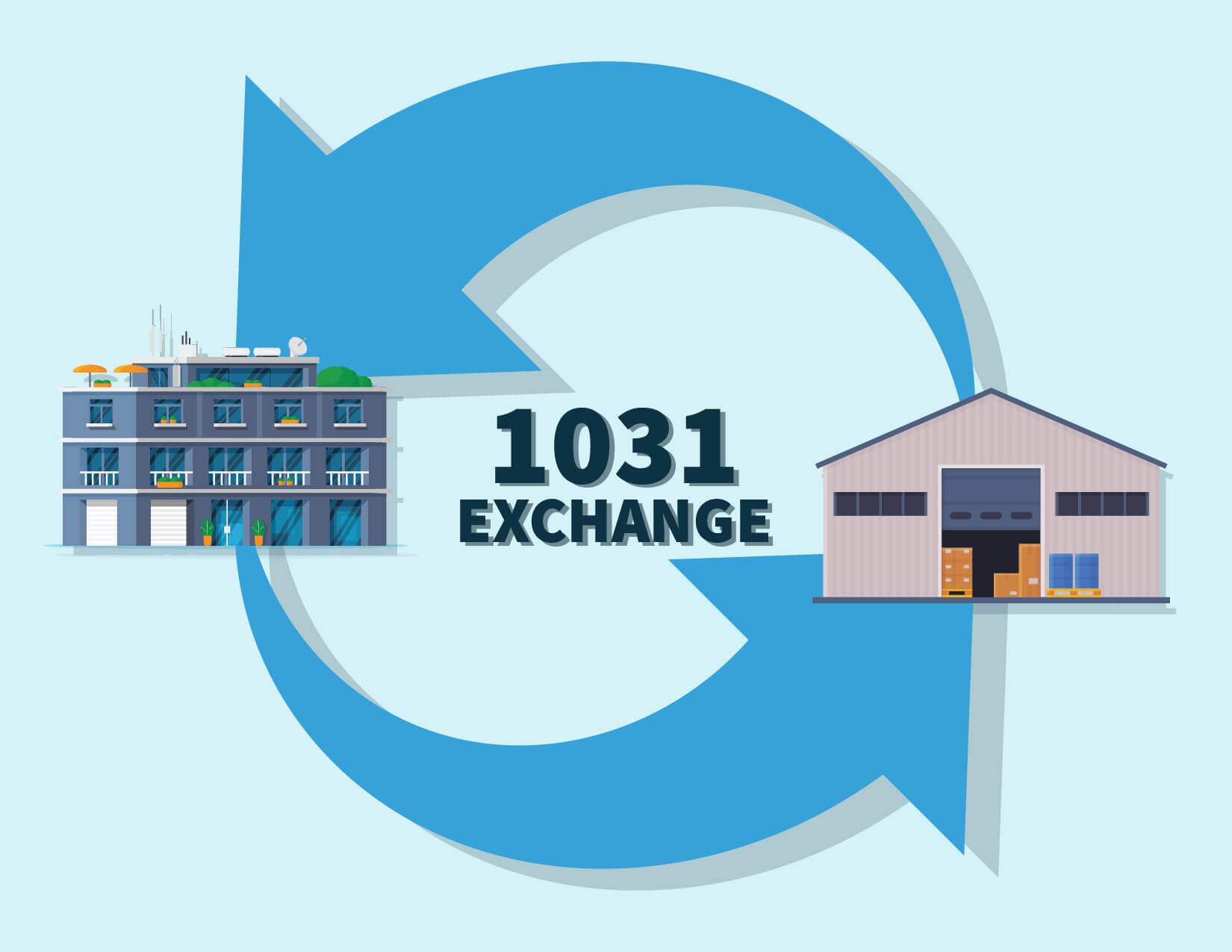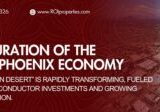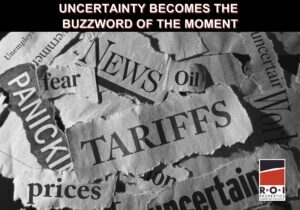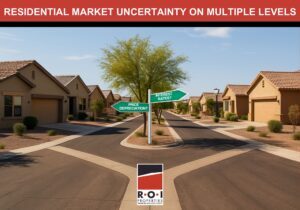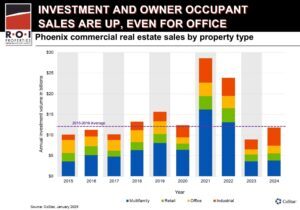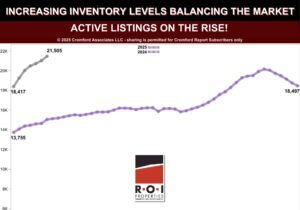Like-kind exchanges—commonly known as 1031 exchanges—have been used for a century by real estate investors. They allow the deferral of capital gains taxes on the sale of a property as long as the proceeds are invested in a new property of like kind and equal or greater value within certain time limits. Although 1031 exchanges were among the potential targets for Congress in the reconciliation bill, they are not included in the most recent version. That’s good news (assuming Congress doesn’t have a last-minute change of heart), because 1031 exchanges serve as fuel for real estate in general and the economy as a whole.
Economic Benefits of 1031 Exchanges
An Ernst & Young study from earlier this year gives some eye-opening perspective on how much 1031 exchanges stimulate the U.S. economy:
- 1031 exchanges drive $4.4 billion in investments and related consumer spending, support 568,000 American jobs, and create a total economic impact of $55.3 billion.
- In the process, they will generate about $7.8 billion in federal, state, and local taxes in 2021, and another $6 billion in foregone depreciation/reduced deductions on replacement properties.
1031 exchanges are used in a high volume of real estate transactions, across all commercial (and many residential) asset classes. Here’s a quick look at how they benefit the real estate market, according to the Federation of Exchange Accommodators (FEA) in its report, “Economic Impact of IRC §1031 Like-Kind Exchanges—Clearing Misconceptions and Setting the Facts Straight”:
- Allowing property owners to shift to more productive properties, or to diversify or consolidate their holdings.
- Providing owners flexibility on where their properties are located.
- Increasing the velocity of transactions, due to the requirements of finding a replacement property within a specific time period.
- Increasing the volume of transactions, because property owners and investors can defer the taxes owed rather than getting penalized with a capital gains tax.
- Discouraging capital/cash hoarding.
- Incentivizing renovations and adaptive reuse plans.
- Encouraging active reinvestment vs. profit taking, and giving an incentive to maintain investments in U.S. real estate.
While 1031 exchanges often get maligned as a tax break for the wealthy or large corporations, that’s far from the truth. The FEA notes that “60% of exchanges involve properties worth less than $1 million, and more than a third are worth less than $500,000.”
With 1031 exchanges appearing to be safe from Congressional action, they can continue to fuel real estate transactions and the economy. If you own investment property and are currently considering your options—including a potential 1031 exchange of commercial or residential property—the R.O.I. Properties team welcomes the opportunity to discuss strategies with you.
R.O.I. Properties represent investors, owner-occupants, lenders, and fiduciaries in buying, selling, and leasing commercial real estate throughout the Greater Phoenix market and the state of Arizona. Whether you need help investing in properties (mainstream or distressed properties), we are full-service real estate brokers who handle all commercial asset classes. In addition, we serve as Fiduciaries through court appointments as Real Estate Special Commissioner/Special Master, Chapter 11 Trustee and Liquidating Agent, as well as REO broker. To put an expert advocate on your side, contact us at [email protected] or 602-319-1326.
